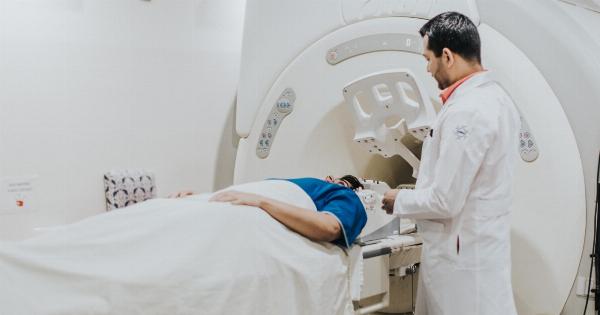Bulimia nervosa, commonly referred to as bulimia, is a serious eating disorder characterized by a cycle of binge eating followed by purging behaviors.
Individuals with bulimia often struggle with their body image and have an intense fear of gaining weight. They typically engage in secretive behaviors, making it difficult for others to recognize their struggles. Understanding the symptoms of bulimia is crucial in identifying the disorder and offering appropriate support and intervention.
1. Binge Eating Episodes
One of the key symptoms of bulimia is engaging in recurrent episodes of uncontrolled binge eating. During these episodes, individuals consume large quantities of food within short periods, often feeling a loss of control over their eating behavior.
Binge eating in bulimia is characterized by consuming an excessive amount of food rapidly, even when not hungry, and experiencing a sense of shame, guilt, or distress afterward.
2. Purging Behaviors
In an attempt to compensate for the excessive caloric intake during binge episodes, individuals with bulimia engage in various purging behaviors. This can include self-induced vomiting, misuse of laxatives or diuretics, excessive exercise, or fasting.
Purging behaviors may offer temporary relief from the guilt and discomfort associated with binge eating, but they perpetuate the unhealthy cycle of the disorder.
3. Frequent Weight Fluctuations
People with bulimia may experience frequent and dramatic weight fluctuations due to the cycle of binge eating and purging behaviors. They might engage in restrictive eating and extreme dieting between binges, leading to weight loss.
However, these periods are often followed by binge episodes and subsequent purging, resulting in weight gain. These fluctuations can take a toll on physical health and contribute to a sense of despair and self-loathing.
4. Preoccupation with Body Weight and Shape
Individuals with bulimia often have an excessive preoccupation with their body weight and shape. They may have a distorted body image and consider themselves overweight, even when significantly underweight.
This preoccupation may lead to obsessive thoughts about diets, calories, and food, often interfering with daily life activities and relationships.
5. Changes in Eating Habits and Rituals
Noticeable changes in eating habits and rituals can indicate the presence of bulimia.
These may include frequent trips to the bathroom immediately after meals, excessive consumption of low-calorie or diet foods, avoiding social situations that involve food, or making excuses to leave social events early to engage in purging behaviors. Meal skipping or erratic eating patterns can also be observed.
6. Dental Problems
Purging behaviors, such as self-induced vomiting, can have detrimental effects on dental health. The frequent exposure of the teeth to stomach acid erodes the tooth enamel, leading to tooth decay, sensitivity, and discoloration.
Dentists may notice the signs of bulimia, such as cavities, gum disease, and a characteristic appearance of the teeth caused by acid erosion.
7. Swelling of Salivary Glands
Regular vomiting can cause swelling and tenderness in the salivary glands, particularly the parotid glands located near the jawline. This can lead to noticeable swelling and a rounded appearance in the cheeks and face.
The swelling of salivary glands is often a physical manifestation of bulimia and can be observed by healthcare professionals.
8. Mood Swings and Emotional Distress
Bulimia can have significant emotional and psychological effects on individuals. They may experience frequent mood swings, feelings of depression, anxiety, and a general sense of irritability.
The guilt and shame related to their eating behaviors can lead to social isolation, lower self-esteem, and diminished quality of life.
9. Physical Signs
There are several physical signs that may accompany bulimia, including fatigue, dizziness, weakness, and frequent fluctuations in energy levels.
Individuals with bulimia may also have swollen or calloused knuckles due to the friction caused by inducing vomiting, skin problems such as acne or dryness, and the development of fine hair on the body (lanugo) in an attempt to conserve body heat due to low body weight.
10. Social Withdrawal
People with bulimia often hide their disorder due to feelings of shame and embarrassment. They may become increasingly introverted and avoid social activities that involve food.
This social withdrawal can strain relationships and make it challenging for friends and family to recognize the severity of their struggle.
Recognizing the symptoms of bulimia is crucial in early intervention and effective treatment. If you or someone you know exhibits these signs, it is essential to seek professional help and support.
Remember, recovery is possible, and seeking help is the first step toward a healthier and happier life.



























